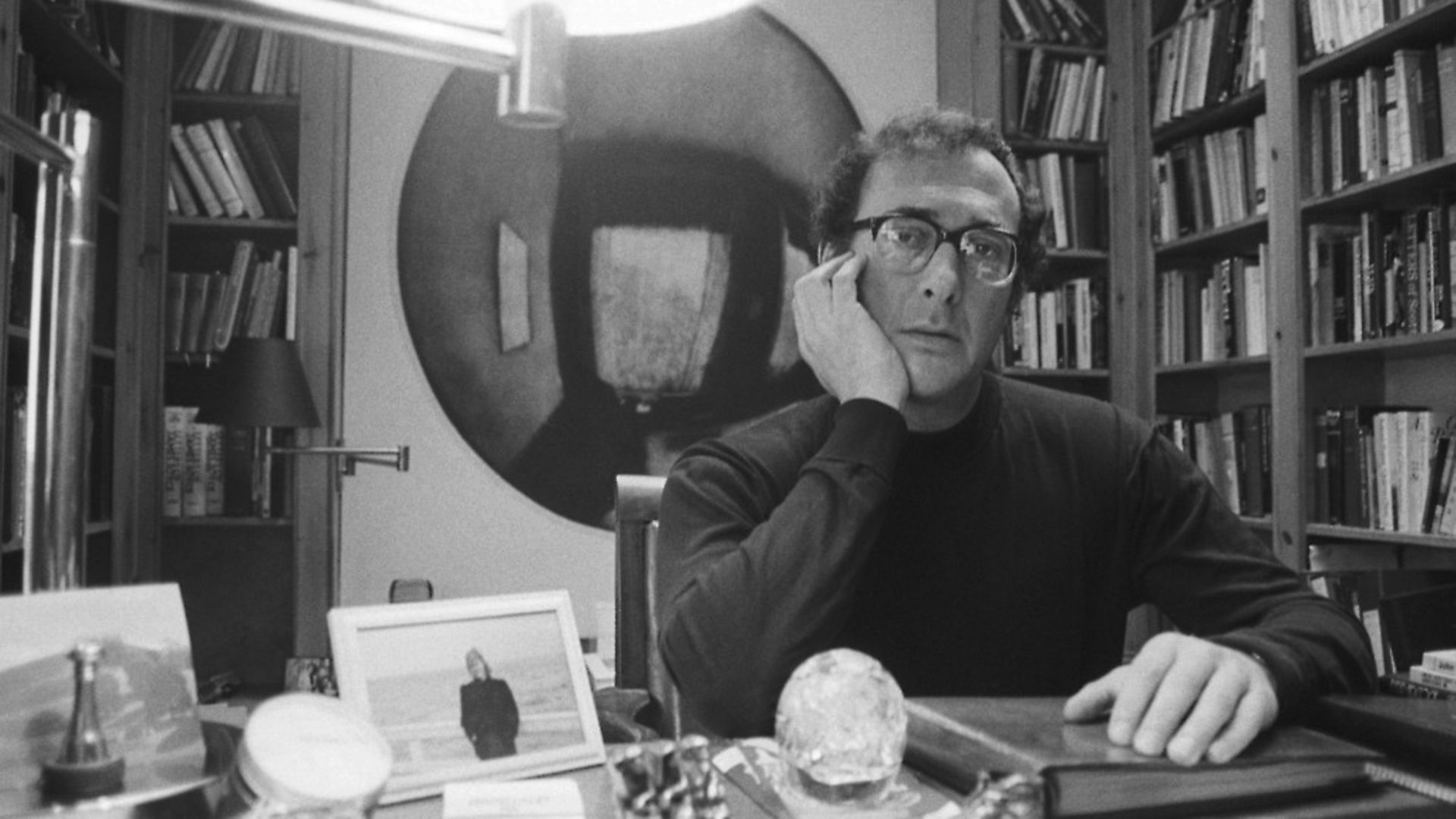
The 1980s political reform campaign fizzled out, but its message seems strikingly relevant now. One-time supporter WILL SIMPSON looks back and suggests a few lessons we could learn from it.
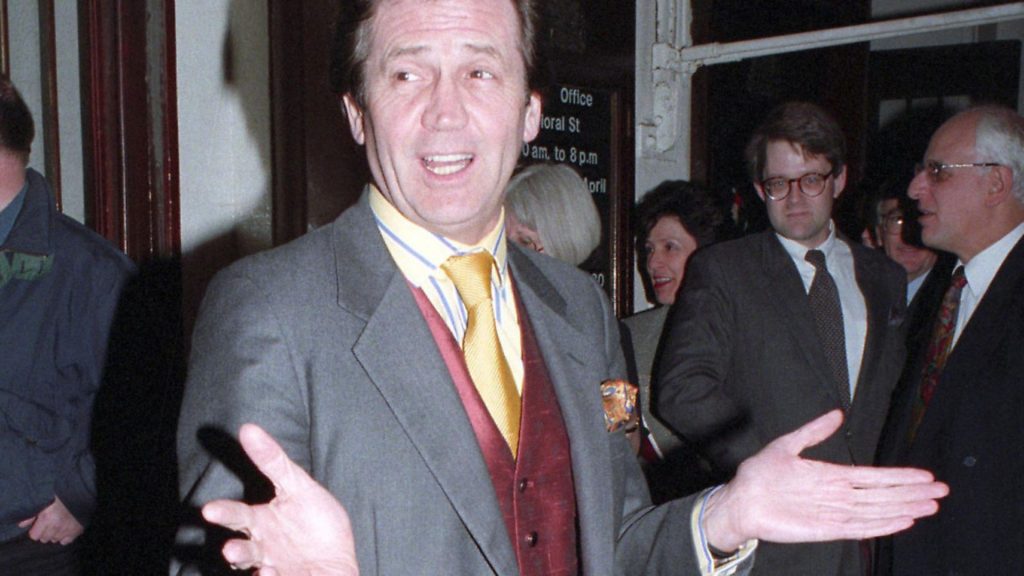
The dramatic events of recent months – in parliament, in the Supreme Court and in the streets - have thrown fresh light upon the many inadequacies of the British constitution: That (famously, unwritten) hodgepodge of convention, case law, parliamentary acts, principles and procedures that together comprise the way we are governed in this country. For some, these events have made us recall a half-forgotten campaign group that, 30 years ago, began to cohere around the need to reform our tatty old constitution.
Charter 88 – founded in 1988 – was the product of a period of intense introspection on the part of the British intellectual left. The previous year the Thatcher government had won a third term, winning 68% of the parliamentary seats with just 46% of the vote.
In November 1988, the New Statesman magazine produced a special edition that focused on the issues that many felt strongly about at the time, in particular the current system’s failure to stop a government with minority support in the country as a whole from carrying out a deeply divisive agenda.
“It was never intended at that stage to be anything more than a special edition of the New Statesman,” remembers Alex Runswick, who joined Charter’s organisation in the 1990s. “But in response suddenly lots and lots of people wrote in, saying ‘I completely agree’. So on the basis of the outpouring of public support they decided to set up an organisation.”
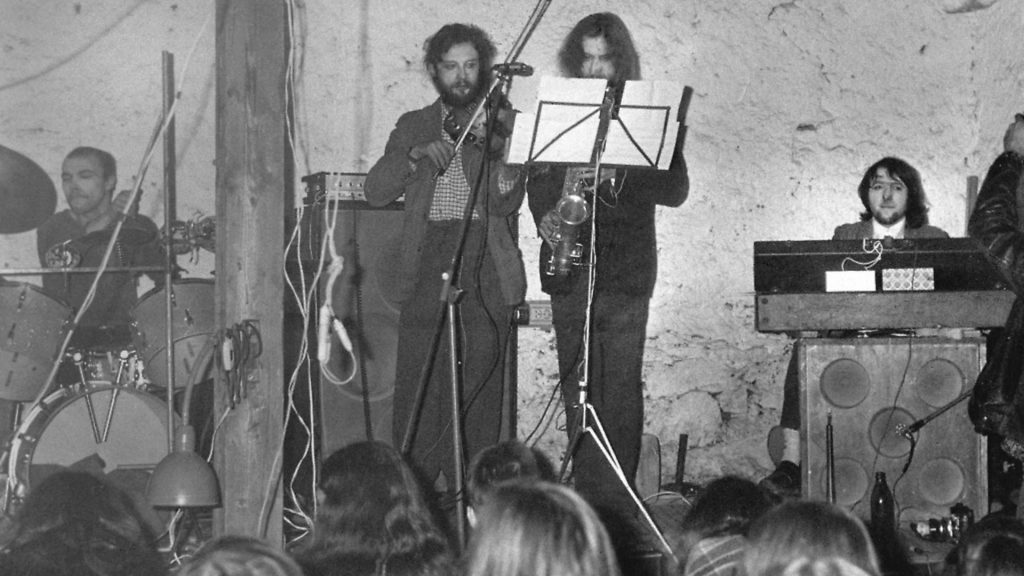
Its name self-consciously aped Charter 77, the dissident initiative in Czechoslovakia that had campaigned for human rights under that country’s then-Communist regime. But there were deeper resonances too, of the Chartists of the mid-19th century: The first national mass movement for democracy in the UK.
The ’88 version called for a new constitutional settlement that would include a UK bill of rights, a written constitution, a freedom of information act, a democratic second chamber, proportional representation, the subjection of executive powers and prerogatives to the rule of law and a “more equitable distribution of power between the nations of the UK and between local, regional and central government”.
Over 85,000 signed it, including John Cleese, Emma Thompson, Harold Pinter, Judi Dench, Simon Rattle, Salman Rushdie and Ian McEwan (and me, then a young politics undergraduate). But initially at least, it was given a mixed reception by opposition leaders. The Liberal Democrats were enthusiastic; Labour less so. Its deputy leader Roy Hattersley opposed reform of the House of Lords and PR, and Neil Kinnock was alleged to have described Charter 88 as a group of “whiners, whingers and w**kers”.
Today, the epithet ‘elitists’ would surely be added to that list, for – as its rather niche list of ‘celebrity’ supporters indicated – Charter never really developed into the mass movement its founders hoped for. It wasn’t a membership organisation, so once you had signed that was pretty much as far as your involvement went.
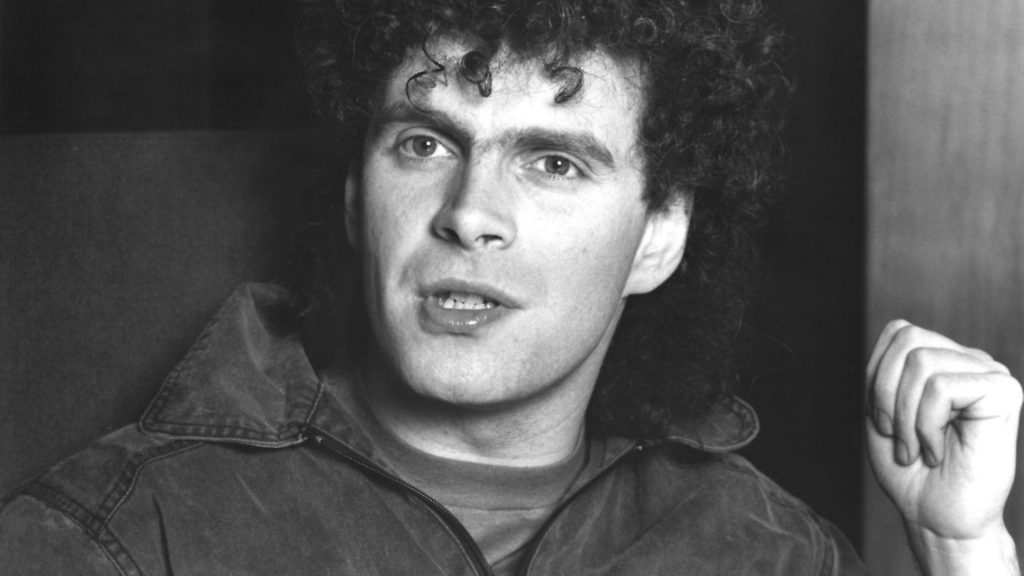
“It called itself grassroots but it was never a grassroots organisation in the sense you think of now, in terms of mobilising a major campaign from the bottom up and allowing people to set the agenda,” recalls Runswick. “It was elite-run in the sense that there was a council, most of whom were co-opted. There were representatives from local groups but they were very much the minority. It was council and the staff teams who decided what the policy agenda was.”
That said, Charter did succeed at booting constitutional reform up the agenda. The next Labour leader John Smith supported most of Charter’s agenda (though he stopped short of backing PR) and in one memorable speech admitted that: “We do have an elective dictatorship. I myself used to believe in the mysteries of the British constitution. My experience… like many people, has caused me to change my mind quite fundamentally on that.”
When Blair succeeded Smith in 1994 he took over much of the reform agenda his predecessor had committed to and indeed after Labour’s landslide victory of 1997 some elements of the Charter were adopted. Scotland and Wales were granted devolved assemblies, a Freedom of Information act was passed and the European Convention on Human Rights was incorporated into British law as the 1998 Human Rights Act.
But the Blair government’s attempts to reform the House of Lords would run out of steam and any idea of writing the constitution and adopting a fairer voting system was never a serious proposition, especially while Labour were the beneficiaries of that system, and so much of the government’s energies were taken up with Blair’s seemingly inexhaustible quest for public service ‘reform’ and, well, Iraq.
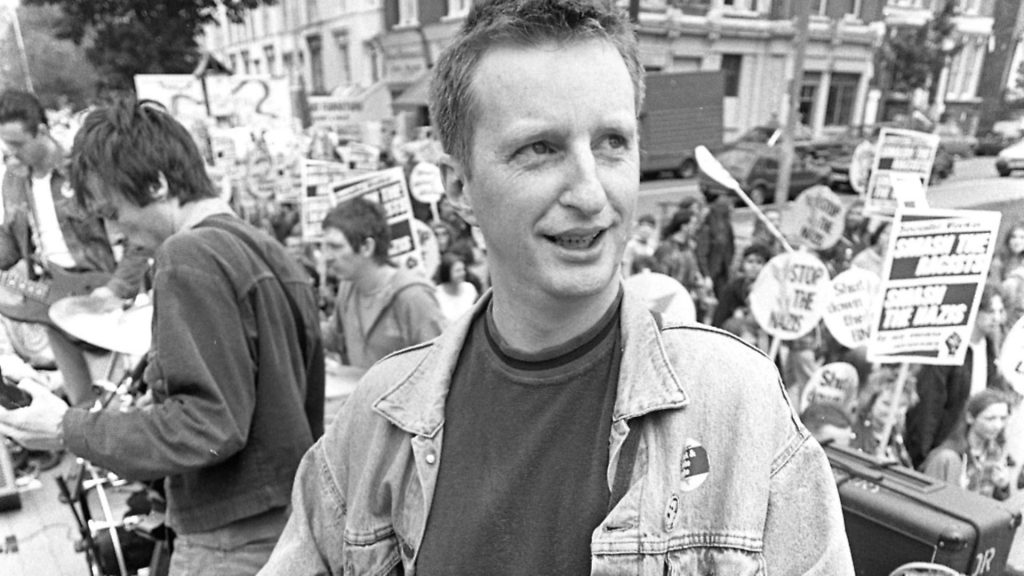
Runswick sees the Blair years as a missed opportunity. “I don’t think it was something he was ever very passionate about. A classic refrain from politicians at the time was that it was a ‘third term issue’. It was something you did once you had solved child poverty, once you had rebuilt public services, rather than seeing constitutional reform as necessary to create the kind of society where you can end child poverty and have strong public services.”
If anything, key figures in the Labour government backtracked on what they had already achieved. Blair and Jack Straw both would later regard the Freedom of Information Act and the Human Rights Act as “mistakes”.
“They never did anything to celebrate it or to explain it to people,” Runswick said. “All we had was the Daily Mail and the right-wing press going ‘oh human rights is all about giving people in prison the right to pornography’ when actually it’s about elderly couples being able to stay together in care homes, people being treated with dignity in the NHS…”
Anthony Barnett, the co-founder and director of Charter 88 up to 1995, mourns the path not taken under a Labour government had John Smith lived. “The UK would certainly not have gone to war in Iraq and in all likelihood would now have a written constitution, thanks to the democratic reform process Smith had kick-started. It would also be a firmly European country… though probably governed by a Conservative.”
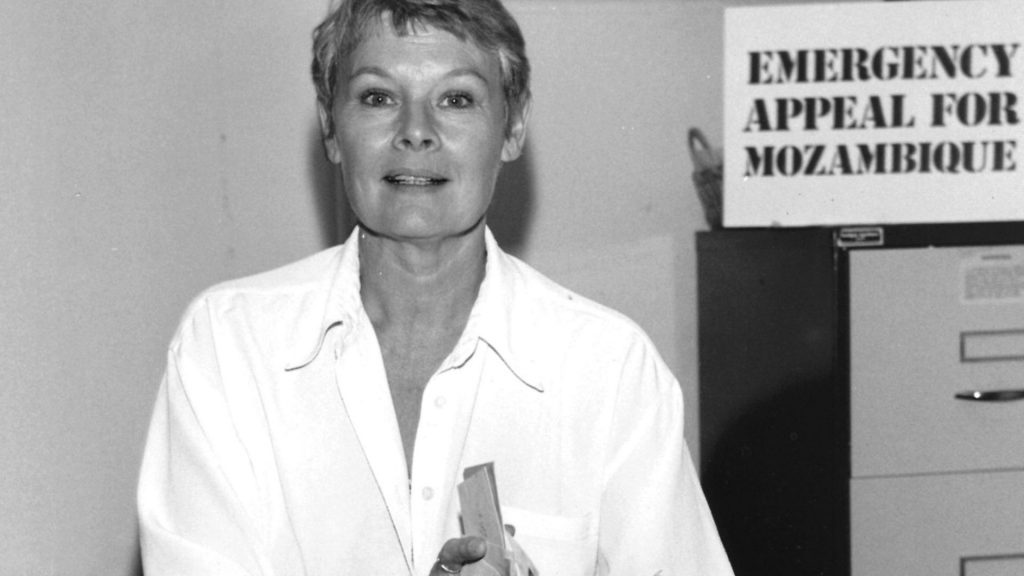
Charter 88 itself lost momentum after the millennium. During the 2001 election they ran a ‘Pinocchio’ campaign that featured images of Blair complete with an elongated proboscis onto which were written various promises he had made regarding constitutional reform.
Needless to say, this strained relationships with New Labour and, by extension, several key donors. But funding in any case was getting harder and as Charter’s influence declined within the Westminster village it didn’t have a grassroots swell of support to fall back on. In 2007 it merged with the New Politics Foundation, a constitutional reform ally, to become Unlock Democracy.
The new organisation’s approach differs in that this time it is attempting to build a movement with stronger, more authentic roots. The key to this would be a constitutional convention, similar to the citizens’ assemblies that worked so well in Ireland during the abortion debate.
“Although the franchise has increased over time, the power structures haven’t,” argues Runswick, who is now director of Unlock Democracy. “They have remained fundamentally resistant to change and that’s why we need to come together and actually have a ‘we the people’ moment where we say what it is we value as a society, where we think power should lie, how we think we should be governed.”
Some might flinch at talk of ‘the people’ given the frequency with which Brexiteers use the phrase. And couldn’t one argue that the Supreme Court judgement shows that, for all its deficiencies, the British constitution is actually bearing up under immense pressure (so far, of course)?
“I would argue that having to take the case to the Supreme Court to find out if the prime minister has the power to do something is not a constitution working well,” she insists. “Don’t get me wrong – I welcomed the judgement. But one of the fundamental problems we have in the UK is an incredibly powerful executive that has a lot of royal prerogative powers left over from an absolute monarchy and they are not written down anywhere.
“There’s no clarity about when they could be used and what their limits are. And it’s not just the general public that don’t know – politicians and government don’t either.
“It’s not a helpful position for us to be in. As citizens you want to know what a government can and can’t do in your name. Also, we’ve only had the Supreme Court case because we have people like Gina Miller with the financial resources to take it on. Our rights shouldn’t have to depend on whether there are wealthy individuals willing to take the risk.”
Not surprisingly, Unlock Democracy have seen a spike of interest in their work over the last few months. It’s easy to be disheartened at present but one upshot of the present crisis is that more people are talking about the need for a written constitution, one that would safeguard the rights of the citizen against an out-of- control executive than at any time in living memory. Could it be that the Johnson prorogation was merely the darkest hour before a new democratic dawn?
For more information about Unlock Democracy and their current campaigns go to unlockdemocracy.org.uk









